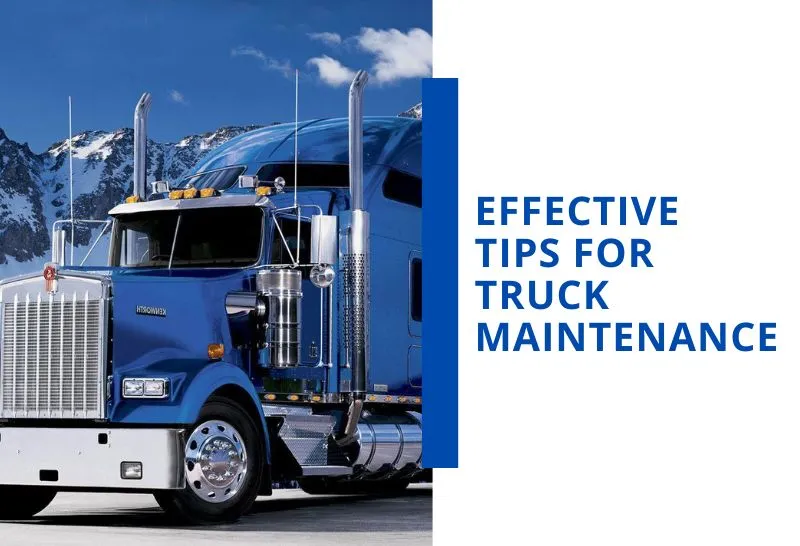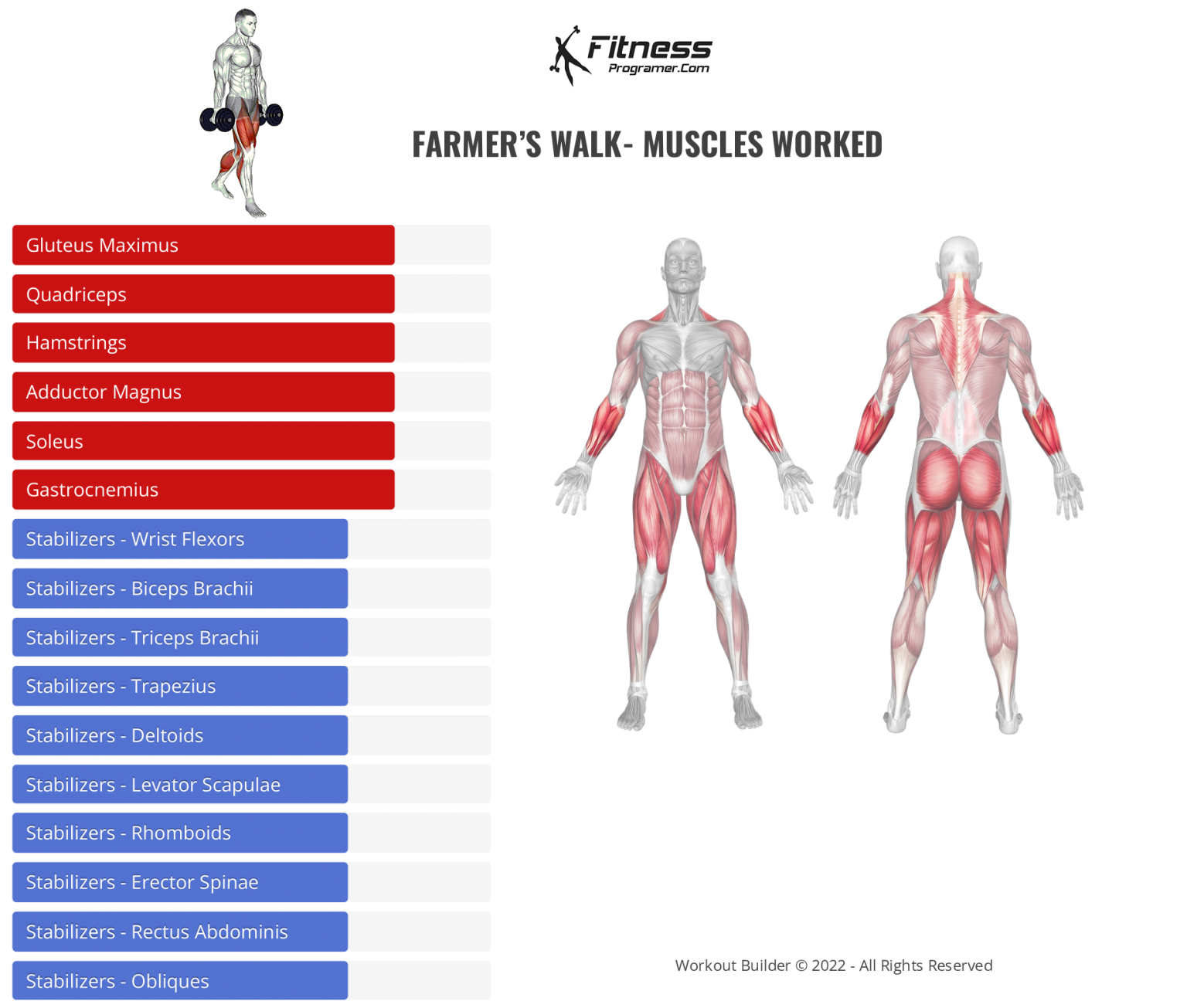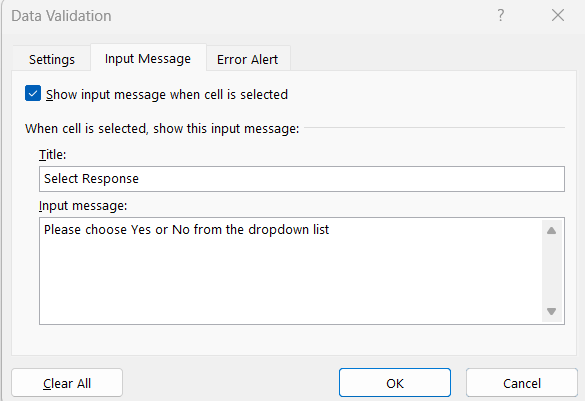5 Truck Maintenance Tips from Excel Truck Group Chesapeake VA

Maintaining your truck fleet is crucial for ensuring safety, reliability, and efficiency in operations. Whether you own a single heavy-duty vehicle or manage a large fleet, incorporating regular maintenance checks can significantly extend the lifespan of your trucks and enhance their performance. Here are five essential truck maintenance tips from Excel Truck Group in Chesapeake, VA, designed to keep your vehicles in top shape.
1. Regular Oil Changes

Oil is the lifeblood of your truck’s engine, serving multiple crucial functions like lubricating parts, reducing friction, and cooling the engine. Here’s how to ensure you’re on top of your oil changes:
- Frequency: Change the oil every 3,000 to 5,000 miles or as per the manufacturer’s recommendations.
- Quality of Oil: Use high-quality oil that meets or exceeds the engine’s specifications.
- Check Oil Levels: Regularly inspect the oil level to ensure it’s within the recommended range.
⚙️ Note: Failure to change oil regularly can lead to engine wear, reduced fuel efficiency, and increased emissions.
2. Tire Inspection and Rotation

Tires are the only part of your truck that touches the road, making their maintenance paramount:
- Inspect Regularly: Check for tread wear, cuts, bulges, or other signs of damage.
- Rotation: Rotate tires every 6,000 to 8,000 miles to ensure even wear.
- Inflation: Keep tires properly inflated as per the manufacturer’s specifications to avoid tire failure and improve fuel efficiency.
3. Brake Maintenance

Brakes are critical for safety. Regular checks should include:
- Brake Pads and Rotors: Look for wear and ensure pads are within thickness specifications.
- Fluid Check: Ensure brake fluid is clear and at the correct level.
- Air Brake System: Inspect air lines, fittings, and tanks for leaks or other issues in air brake systems.
🛑 Note: Always prioritize brake maintenance as it directly impacts safety.
4. Fluid Levels and Filters

| Fluid Type | Check Frequency | Comments |
|---|---|---|
| Coolant | Every 6 months | Should be anti-freeze and anti-boil; protect from corrosion |
| Transmission Fluid | Annually or as per service schedule | Check for cleanliness and odor; change as recommended |
| Hydraulic Fluids | As needed | Look for contamination or improper levels |
| Fuel Filter | Replace every 10,000 to 15,000 miles | To maintain engine cleanliness and efficiency |
| Air Filter | Inspect every oil change; replace when clogged | To ensure optimal air flow to the engine |
5. Electrical Systems and Lights

Electrical issues can lead to a host of problems from safety to operational efficiency:
- Check Lighting: Ensure all lights (headlights, taillights, indicator lights) are functioning correctly.
- Battery: Inspect the battery for corrosion, secure connections, and charge level.
- Wiring: Look for any signs of wear, loose connections, or corrosion in the wiring harness.
💡 Note: Always keep emergency lighting and signaling equipment in perfect working order for safety.
By adhering to these maintenance tips, your truck fleet will not only last longer but will also perform better, saving you time and money in the long run. Remember that truck maintenance isn't just about preventing breakdowns; it's about optimizing performance, reducing emissions, and ensuring the safety of your drivers and cargo. Regular checks, timely maintenance, and proactive repairs are the keys to a reliable and efficient fleet.
How often should I perform a thorough maintenance check on my trucks?
+A thorough maintenance check should be performed every 10,000 to 12,000 miles or every three months, whichever comes first, to ensure all systems are operating at peak efficiency.
What are the consequences of neglecting truck maintenance?
+Neglecting maintenance can lead to reduced vehicle performance, increased fuel consumption, higher emission levels, decreased safety due to potential brake failure, and costly repairs due to undetected issues.
Can I perform my own truck maintenance or do I need professional help?
+Basic maintenance like oil changes and tire rotations can often be done by truck owners or small fleet managers. However, for more complex systems like brakes, electronics, or hydraulics, it’s best to rely on professional technicians for accurate diagnosis and repair.



